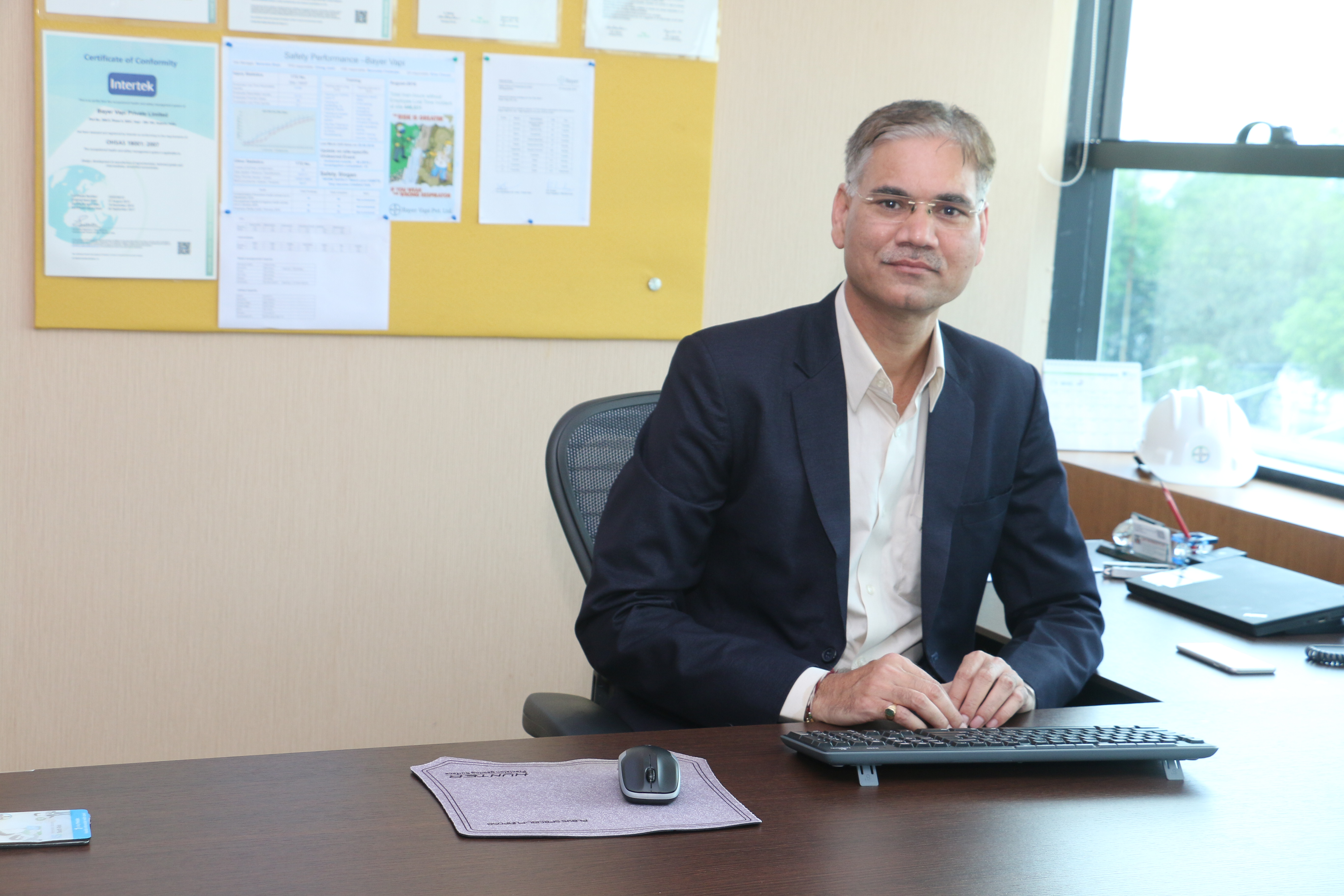India has seasonal monsoon lasting from June to September. Although monsoons bring rains and relief from the summer heat, it also brings risks associated with safety, especially in the chemical industry. Hence, as the rainy season gets underway, it is good to review these safety tips.
Collection of First Rainwater: There are possibilities that the stormwater within the premises of a chemical industry during the first seasonal rains is contaminated with chemicals which may have spilt over the year. Hence it is preferred that the first 50 mm of rainwater must be diverted to the wastewater treatment plant in order to eliminate chemical contamination or it should be collected preferably in a stormwater pond and analyzed for chemical contaminants, if any, before letting it out of the factory premises. This ensures that the surrounding water reservoirs, aquatic species and domestic animals are not endangered.
Storage Facilities for Water Reactive Chemicals: Water-reactive chemicals can release toxic gases on reacting with water that can disperse into neighbouring areas leading to an emergency. Hence, all such storage tanks must be checked thoroughly for leaks from flanges, joints, instruments and associated piping so that rainwater droplets do not enter in these tanks. Roofs of such storage facilities must also be tested for any pinhole leakages prior to the monsoons as a part of a preventive maintenance plan.

Electrical and Lightening Hazards: Heavy and constant rains are reasons for high humidity, dampness, and moisture, which can harm electrical appliances. This allows the growth of fungus and mould – two of the things that could cause damage and increase the probability of electrical hazards such as electrocution. The only way to prevent this from happening is to clean your appliances regularly with a dry, clean cloth and inspect their parts for safety. Make sure that the wires, plugs, and switches are in good, working condition. If not, consider having them repaired or replaced.
Further, no place outside is safe from lightning during a thunderstorm. In industry, it is of utmost importance to ensure that all the buildings, storage tanks and structures are protected either by an adequately designed lightening arrester or are inherently self-protected by earthing to avoid any catastrophic failures due to lightening.
Structural Stability of Buildings and Structures: Storms/cyclones with high wind intensities are common in India during monsoons. Old buildings and structures, which have deteriorated over years due to the corrosive atmosphere in and around a chemical industry, can collapse due to these conditions. Hence, all such structures must be identified and checked for structural strength and stability as their failures can lead to immediate loss of life and lead to an emergency in the surrounding area.
Water Logging: Water logging can happen if the roads are uneven, near and inside excavation work or if stormwater drainages are blocked. This can also lead to scenarios of tank dykes full of water during monsoons leading to unsafe conditions. Proper systems need to be in place to clear all stormwater drainages prior to the rainy season and all excavation areas must be hard barricaded prior to monsoon. Also, all drainage covers must be checked for their strength and not left open.
Health Precautions during Monsoons: The rainy season is the perfect breeding ground for germs and bacteria which in turn lead to water & vector-borne diseases. Health problems such as cold, flu, malaria or gastroenteritis are common in monsoons. It is the time when dirty water mixed with sewage and soil can cause infections. Overflowing groundwater can contaminate tap water too. It is important to make drinking water safe by boiling, filtering and by using ultraviolet purifiers to ensure its purity or just stick to bottled mineral water to protect yourself against water-borne diseases. Prevent stagnation of water near your house & work area, in flowerpots, coolers etc. All sources of water such as wells and storage tanks should be covered and cleaned to avert breeding of mosquitoes and prevent mosquito-borne diseases. Use insect repellents, disinfectants and take precautions to stay away from mosquitoes, flies, cockroaches and termites.
At the end of the day, safety is the best return on investment for every second spent on re-assessing or upgrading your environment around you.

Author’s Bio:
Narendra K Shah (Masters in Organic Chemistry, Diploma in Chemical Engineering) is a Director & Site Manager of Bayer Vapi Private Limited since December 2014.
Before joining Bayer’s Ankleshwar site as a Site Manager in 2011, Shah has worked as the Vice-President of Bilag Industries Pvt. Ltd. in 2006 handling 7 plants under him. In 2013, he worked with the Operational Excellence Team, Bayer AG, Germany, and then took over as a Director at Bayer Vapi in 2015.
































